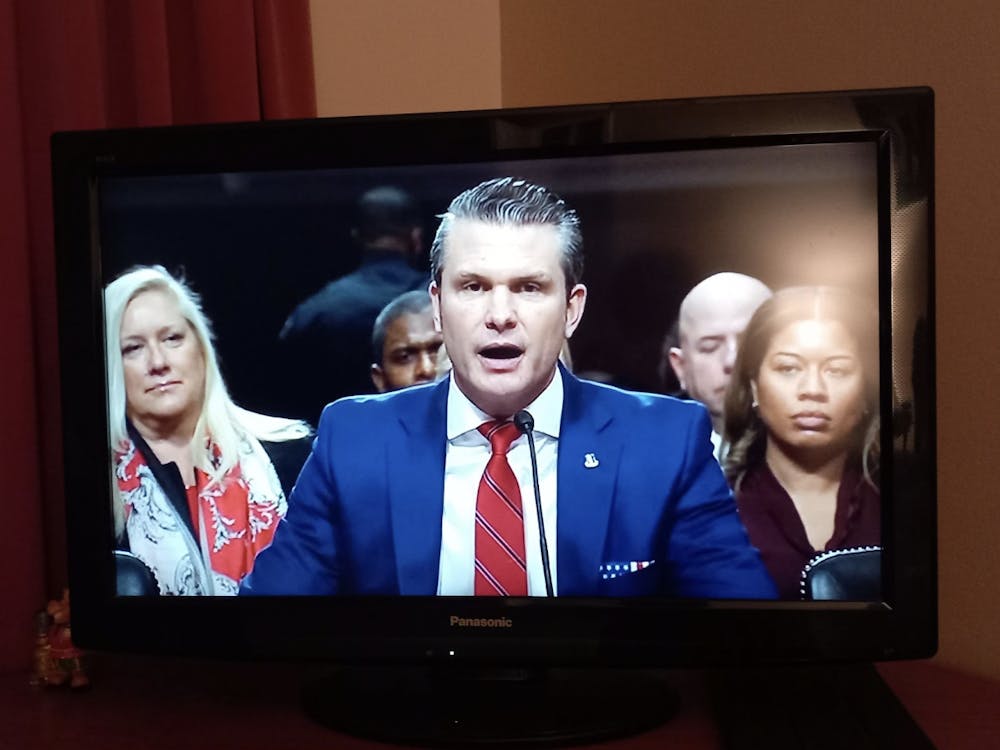When “Green Book” was selected as Best Picture at the 2019 Oscars, many viewers were outraged. Observers criticized the film for its simplistic depiction of race relations in America and disputed its portrayal of the real-life relationship between Tony Vallelonga and Don Shirley.
While I counted myself among those frustrated viewers at the night’s end, it was a different film—and fact— that most caught my attention. I learned that Ruth Carter and Hannah Beachler, who won Oscars for their costume design and production design in “Black Panther” earlier in the ceremony, were the first African-American women to win Oscars in non-acting roles for more than thirty years.
In recent years, Hollywood has faced criticism for the lack of diversity in front of the camera. What goes on behind the camera, however, is just as important of an issue, and the entertainment industry must face it. Telling authentic stories requires both the actors and the people involved in production to understand the experiences of the people whose stories they are telling. We should celebrate Carter and Beachler’s historic wins (both were also the first black women to win in their respective categories) for this reason, but we should also question why it has taken this long. Only with increasing diversity in all areas of cinema can movie screens transmit America’s true stories.
A recent UCLA report on diversity in Hollywood found that while the percentage of people of color in front of the camera increased from 2016 to 2017, the percentage of minorities writing the most successful films has remained stagnant since 2011, hovering around 7.8 percent. Minority film directors are also significantly underrepresented, making up only 12.6 percent of filmmakers.
As people of color fight to be included in the definition of what it means to be American, they are hungry for stories that represent their experiences. The spectacular success of films like “Black Panther” and “Crazy Rich Asians,“ which showcase people of color in front of and behind the camera, testifies to this fact. Not only actors, but also storytellers must become more diverse. And I don’t just mean the literary ones — the writers and directors — but also the visual ones — the costume designers and set designers.
The triumph of “Green Book” illustrates the issues that lack of diversity creates. The screenplay, written by three white men, establishes an overly simplistic story. The family of Don Shirley, the African-American pianist portrayed in the film, challenged the plot. In contrast, many have hailed Spike Lee’s “BlacKkKlansman” as a more honest depiction of race relations in America. It’s no coincidence that two out of the four writers for “BlacKkKlansman” were black.
There are many factors that can increase diversity. Carter and Beachler’s victories will hopefully motivate other women of color in the entertainment industry to keep plying their craft. Established people of color in the industry, such as director Ryan Coogler, who chose Carter and Beachler for “Black Panther,” can continue to lift others up.
But people who already serve as the gatekeepers of the industry — white men — must be proactive in promoting diversity. The international success of films like “Black Panther,” one of the top-grossing films of 2018, prove that black stories sell, and sell worldwide. There is no excuse for the lack of diversity behind the camera, and the onus rests on those with the power to rectify the current imbalance.
The entertainment industry can pat itself on the back for its relative progress in front of the camera. But until the situation improves behind it, Hollywood will be unable to capture all Americans’ experiences.
Shannon Chaffers is a first-year from Wellesley, MA. She can be reached at sec3@princeton.edu.










